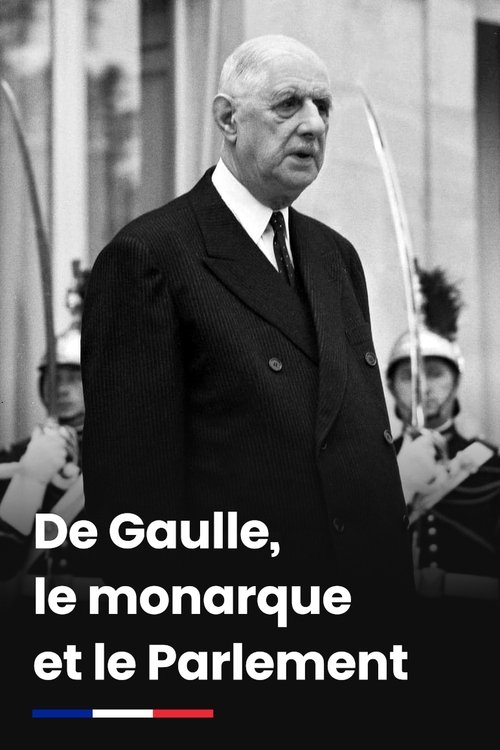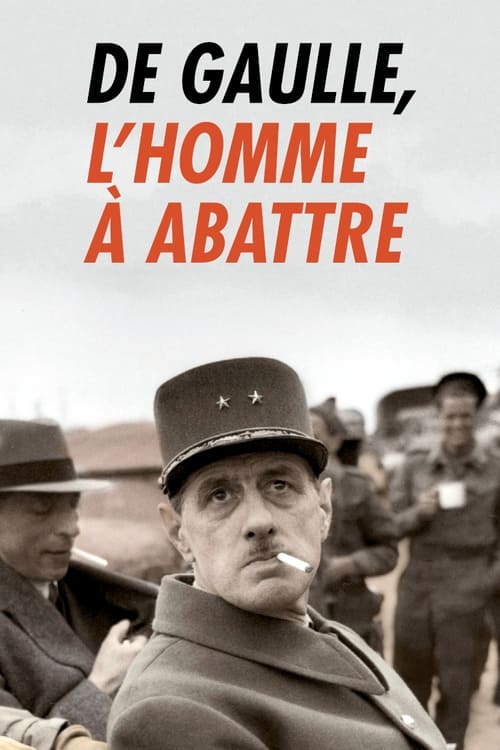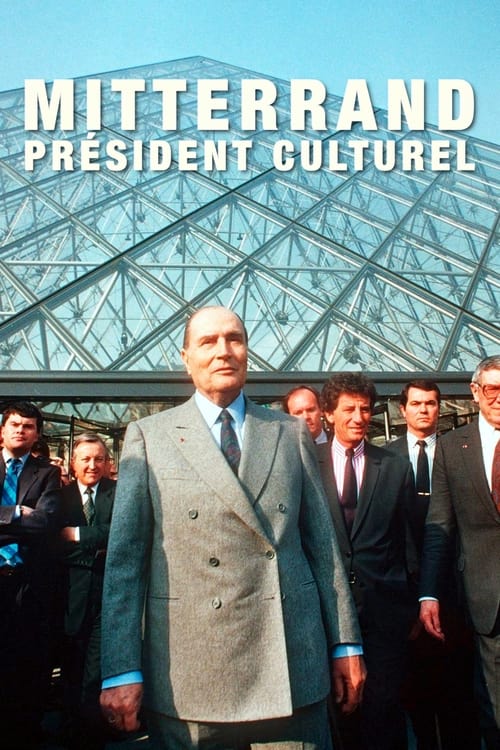Jean-Noël Jeanneney
Jean-Noël Jeanneney (born 2 April 1942, in Grenoble) is a French historian and politician. He is the son of Jean-Marcel Jeanneney and the grandson of Jules Jeanneney, both important figures in French politics.
After his secondary schooling in Grenoble, Jeanneney studied in Paris. Beginning at the rue d'Ulm campus of the École Normale Supérieure, he later studied at the Institut d'études politiques de Paris (IEP) (lit. "Paris Institute of Political Studies"). He earned his doctorate in letters and passed his agrégation (a competitive examination) in history.
Jeanneney specialized in media history, an area which he helped pioneer. He took interest in the evolution of print media (newspapers and periodicals), of radio, and of television. He taught at the University of Paris X: Nanterre until 1977. He was also named maître de conférences, and then, in 1979, professeur des universités at the IEP. It was there that he oversaw research on the history of the press.
Jeanneney subsequently changed his focus, from external study to actual participation in mass media. Specifically, he was president and general manager of Radio France from 1982 to 1986 and afterwards worked in television, in particular for a history channel on cable television.
In politics, Jeanneney is very close to the Socialist Party: 1991–1992: junior minister of Exterior Commerce (under Prime Minister Édith Cresson); 1992–1993: junior minister of Communication (under Prime Minister Pierre Bérégovoy); 1992–1998: member of the conseil régional of the Franche-Comté région.
With Élisabeth Guigou, he has been co-president of the think tank Europartenaires since 1998.
From 2002 to 2007, Jeanneney was president of the Bibliothèque nationale de France. In this capacity, he was noted for his opposition to Google Book Search. Since making his objections known, he has been looking to develop a European digitization program to be run by governmental authorities.
Source: Article "Jean-Noël Jeanneney" from Wikipedia in English, licensed under CC-BY-SA 3.0.






